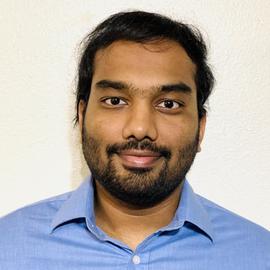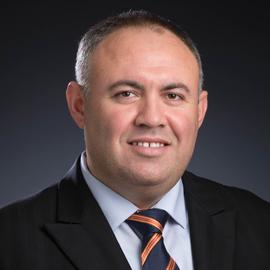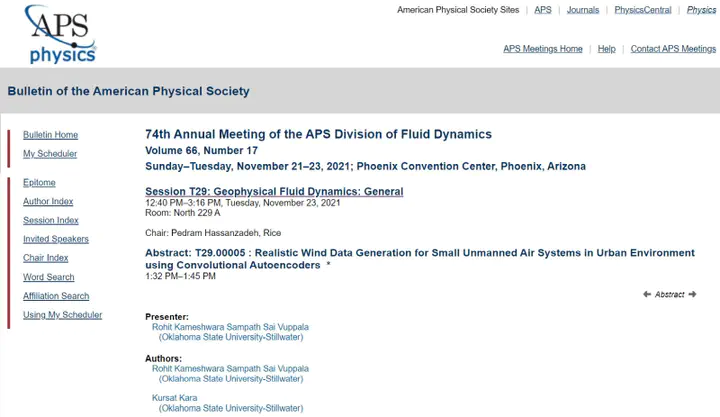Realistic Wind Data Generation for Small Unmanned Air Systems in Urban Environment using Convolutional Autoencoders
Rohit Vuppala, Kursat Kara
November, 2021
Abstract
This study presents preliminary work on using a data-driven non-linear surrogate model based on deep learning to generate realistic wind data for urban environments efficiently. We attempt to create accurate wind data for an urban environment using high-fidelity CFD data from Large Eddy Simulations (LES) and Convolutional Auto-Encoders (CAE) for non-linear surrogate modeling. The non-linear surrogate model extracts underlying non-linear modes from the high-resolution data snapshots, and the LSTM network trains on these specific modes. Modal predictions for future time steps are then obtained using the trained LSTM network similar to time-series prediction, without computationally expensive CFD simulations. We can decode these modes back to the physical space to get the relevant wind field data predictions. Since no prior information about the underlying governing equations is utilized for the projections, the method is entirely non-intrusive. One can easily extend it for other applications with minimal changes.

Rohit Vuppala
Ph.D., Current Position: University of Chicago

Kursat Kara
Associate Professor, Mechanical and Aerospace Engineering
Kursat Kara is an Associate Professor of Mechanical and Aerospace Engineering at Oklahoma State University and principal investigator of the Kara Aerodynamics Research Laboratory. His research spans hypersonic boundary-layer physics, unsteady aerodynamics, and the emerging interface of quantum computing and fluid dynamics. A dedicated educator and mentor, he teaches core and advanced courses—including Fundamentals of Aerodynamics, Computational Fluid Dynamics, Boundary-Layer Theory and Transition, and Quantum Computing—and supervises graduate and undergraduate projects in high-fidelity simulation and data-driven modeling. His work has been funded by NASA, NSF, Oklahoma NASA-EPSCoR, NAVAIR, ANSYS, and IBM Quantum. In 2025, he received the CEAT Excellent Faculty Award and was nominated for both the 2024 Excellent Teacher Award and the 2025 Excellent Faculty Award by OSU’s School of Mechanical and Aerospace Engineering. Dr. Kara earned his Ph.D. from Old Dominion University with a dissertation on hypersonic boundary layer receptivity to acoustic disturbances. He began his career as a research engineer at New England Analytics (supporting Sikorsky Aircraft), then completed a post-doctoral appointment at Penn State in hot jet simulations for aeroacoustics. In 2010, he helped establish the Aerospace Engineering Department at Khalifa University—where he won the President’s Faculty Excellence Award for Outstanding Teaching in 2015—before joining OSU. An active member of AIAA and APS, he served on the AIAA Applied Aerodynamics Technical Committee (2012–2021) and chaired/co-chaired multiple AIAA conferences. He also sits on the editorial board of Nature Scientific Reports and guest-edits its Quantum Computing collection.
